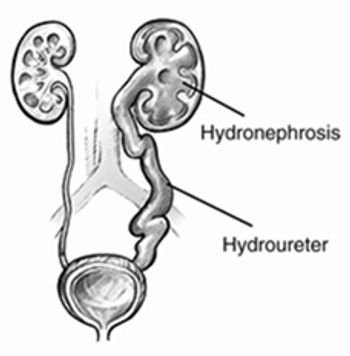
Hydronephrosis is associated with substantial morbidity in patients with cervical cancer, and is potentially associated with poorer survival as well.

Your AI-Trained Oncology Knowledge Connection!


Hydronephrosis is associated with substantial morbidity in patients with cervical cancer, and is potentially associated with poorer survival as well.

The FDA granted breakthrough therapy designation to pembrolizumab (Keytruda), an anti-PD-1 agent for the treatment of patients with non-small-cell lung cancer who do not have EGFR mutations or ALK rearrangements.
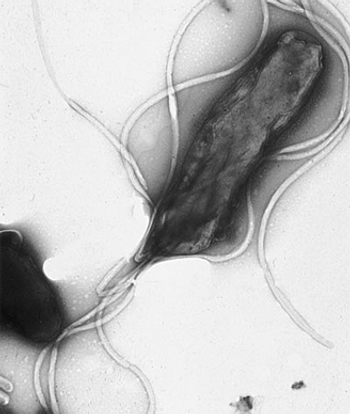
In 2008, 770,000 out of 989,000 gastric cancer cases worldwide were attributed to H pylori, suggesting eradication could yield drastic reductions in incidence.
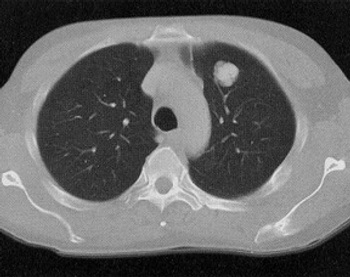
A new study suggests that expression of the enzyme thymidylate synthase can be used as a predictive marker for lung cancer patients undergoing chemotherapy.
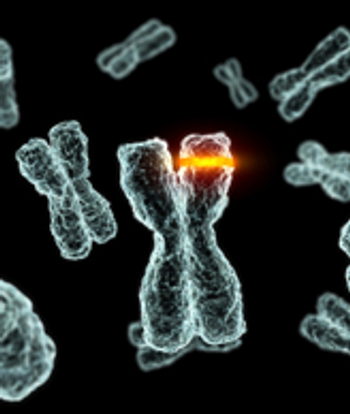
ASCO has endorsed a clinical practice guideline from several associations on when to offer molecular testing for EGFR and ALK mutations in lung cancer patients.
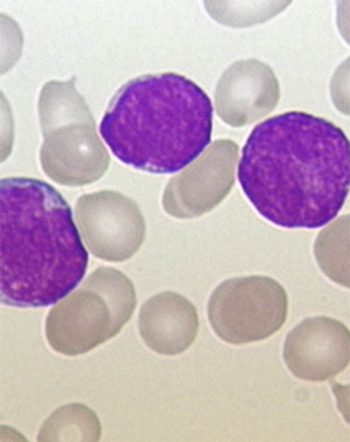
Monitoring minimal residual disease and real-time quantitative polymerase chain reaction can predict relapse in pediatric acute lymphoblastic leukemia patients.

A phase III trial of vosaroxin failed to meet its primary overall survival endpoint in patients with first relapsed or refractory acute myeloid leukemia.

The MAGRIT trial showed no benefit with the recMAGE-A3 + AS15 cancer immunotherapeutic compared with placebo in completely resected, MAGE-A3-positive NSCLC.
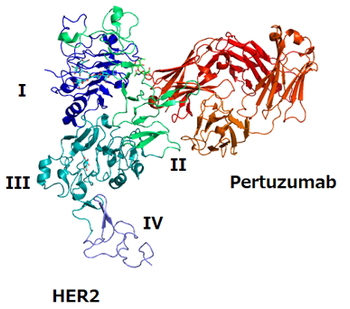
Data from the CLEOPATRA trial show that pertuzumab adds nearly 16 months to median survival times when used with trastuzumab and chemo in HER2-positive breast cancer, according to final results presented at the ESMO 2014 Congress.
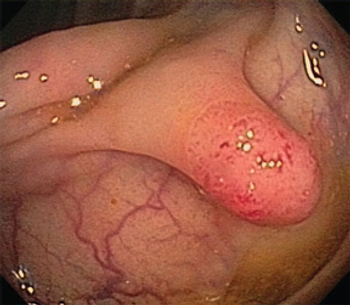
Two French studies have shown that screening for colorectal cancer with fecal occult blood tests can be very effective, according to results presented at the ESMO 2014 Congress.
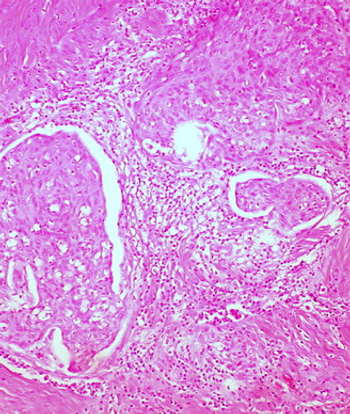
Adding the TKI cediranib to chemotherapy improved progression-free survival in patients with metastatic or relapsed cervical cancer, according to a study presented at the 2014 ESMO Congress.
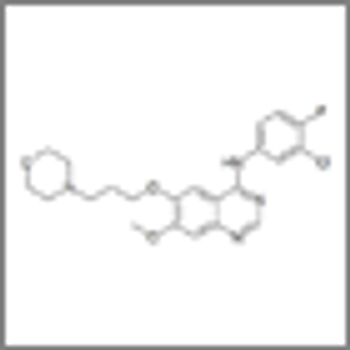
Continuing gefitinib after acquiring resistance to the TKI adds no clinical benefit in patients with EGFR-positive non-small-cell lung cancer, according to trial results presented at the 2014 ESMO Congress.
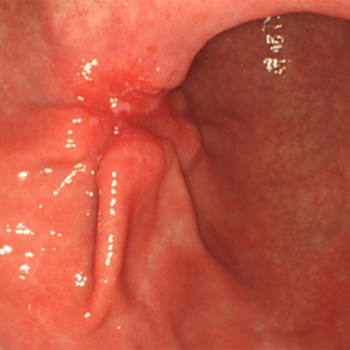
Expression of the protein ALDH1A1 is associated with outcomes in gastric cancer, according to a new study, and could be used as a prognostic tool.

Adding thoracic radiotherapy to chemotherapy and prophylactic cranial irradiation improved 2-year survival in extensive-stage small-cell lung cancer patients.

Hodgkin lymphoma survivors who were treated with infradiaphragmatic radiotherapy have an increased risk of developing diabetes mellitus, says a new study.

A study of more than 4,500 patients with acute myeloid leukemia (AML) found that predicting resistance to therapy remains an elusive practice.

Exhaled breath temperature higher than 34 degrees Celsius (93.2 degrees F) could serve as a cutoff value to help diagnose lung cancer, according to a new study.

In a preliminary study using a mouse model, researchers found that vagal denervation using Botox or other methods could help slow gastric cancer’s growth.

A new analysis of the NLST showed that both the benefits and harms of low-dose CT screening are slightly greater among patients older than 65 years.

STAT3 inhibition using a novel compound restored sensitivity to TKIs in CML cells that had shown resistance independent of BCR-ABL1 kinase activity.
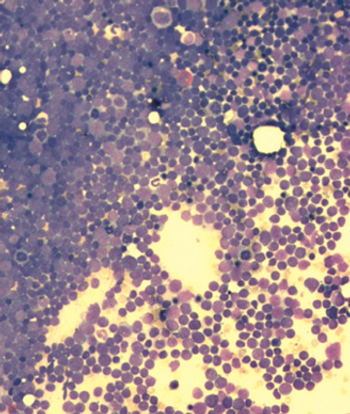
A laboratory study found that natural killer cells could be multiplied from the blood of patients to fight off precursor B-lineage acute lymphoblastic leukemia.

Measuring expression of several microRNAs were significantly predictive of complete pathologic response to treatment in patients with esophageal adenocarcinoma.
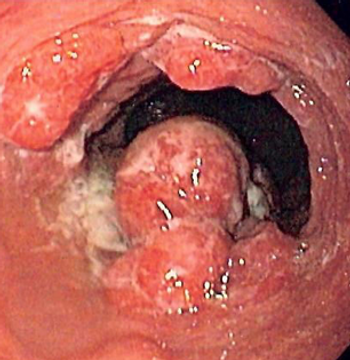
The stage of esophageal adenocarcinomas after neoadjuvant chemotherapy is predictive of outcomes, rather than the stage determined prior to therapy.

A new study sheds light on the prevalence of ALK positive non–small-cell lung cancer and suggests the best methods for screening.
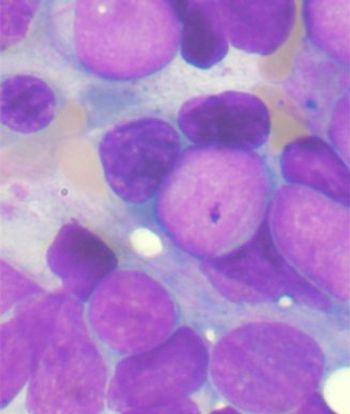
The addition of gemtuzumab-ozogamicin to standard chemo improved event-free survival in children and young adults with newly diagnosed acute myeloid leukemia.
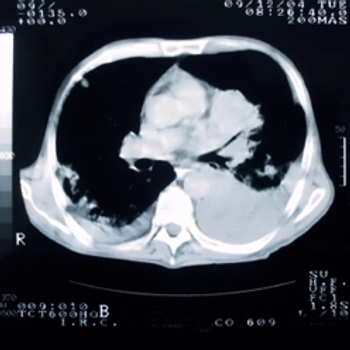
Overall lung cancer rates have declined in the United States, but a new study shows how certain subtypes and demographic groups have more complicated trajectories.

Patients with Medicaid coverage or no insurance at all were more likely to present with advanced cancer of a number of types, and were also less likely to receive certain treatments, according to a study using the SEER database.

A new study from The Cancer Genome Atlas proposes a new classification of gastric cancers into four genomic subtypes that could eventually yield better treatment paradigms.

Rapidly generated virus-specific T cells (VSTs) were safe and effective against five infections that commonly affect immunocompromised patients after marrow or stem cell transplantation, according to a new small study.

The FDA has granted breakthrough therapy designation to a novel treatment known as CTL019, a therapy intended for patients with relapsed/refractory acute lymphoblastic leukemia (ALL).